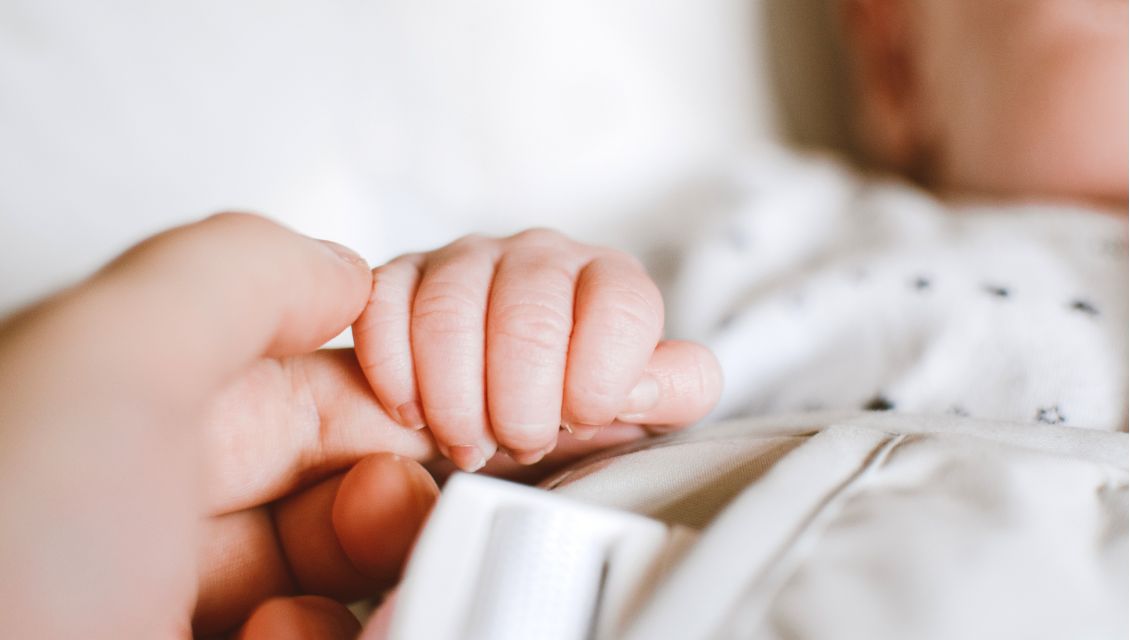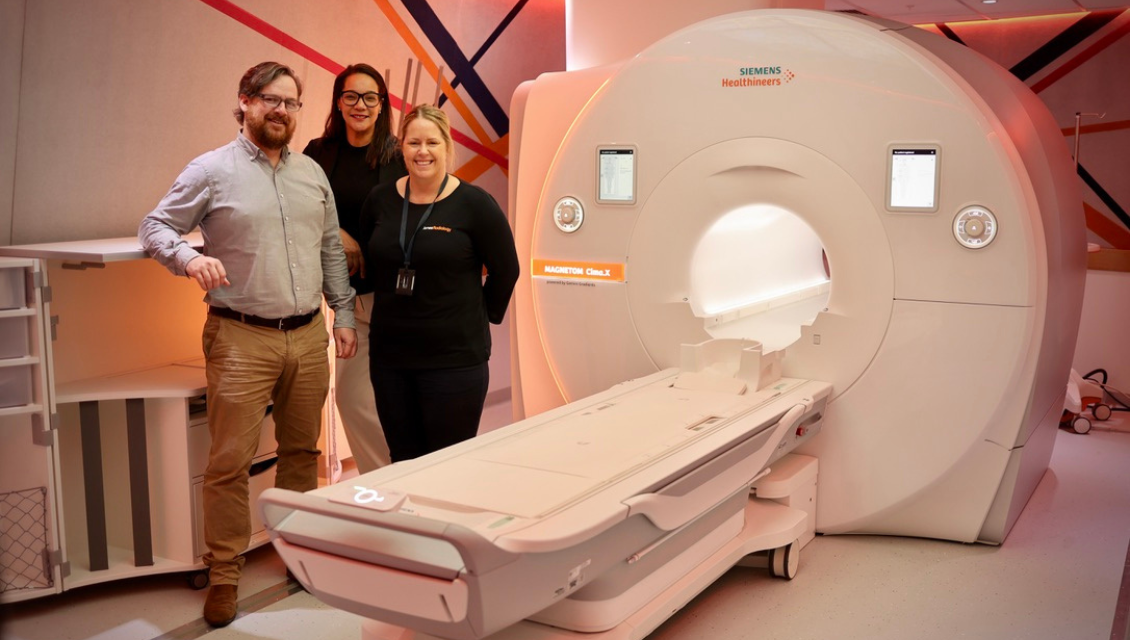
South Australian families now have access to newborn screening for spinal muscular atrophy and severe combined immunodeficiency, giving early treatment options and hope to more families.
The State Government has invested $424,000 to acquire multiplex neonatal screening equipment that uses state-of-the-art DNA gene testing technology to identify babies who have the life-threatening genetic diseases.
The Federal Government has provided $1.46 million in funding over four years to enable the additional testing in SA and ensure national consistency in screening across Australia.
Babies with spinal muscular atrophy have the best outcome when the disease is diagnosed within the first 14 days of life, with treatment occurring rapidly after detection.
Severe combined immunodeficiency can be fatal without early intervention such as a haematopoietic stem cell transplant.
The additional testing is being incorporated into South Australia’s existing newborn screening program, which currently tests babies for six major groups of treatable disorders within 48 hours of birth.
Newborn screening in South Australia is now expected to identify one baby in every 700 newborns with a treatable disorder who will be transferred to specialist clinical care.
It is anticipated spinal muscular atrophy will be detected in approximately two babies every year, and one baby every two to three years for severe combined immunodeficiency.
The equipment will be able to extract a baby’s DNA from a single dried bloodspot. It uses real-time PCR testing to analyse the genes for spinal muscular atrophy and DNA by-product for severe combined immunodeficiency to identify babies affected by the conditions.
Spinal muscular atrophy affects the nerve cells controlling muscle movement, which causes muscle weakness and wasting. Babies have difficulty crawling, sitting and walking, and their ability to breathe and swallow is also impacted.
In its most severe form, an affected baby does not usually survive beyond their second birthday without medical intervention.
Severe combined immunodeficiency is caused by defects in cells of the immune system with babies appearing healthy at birth, but soon impacted by recurrent, severe and unusual infections.
SA Pathology Clinical Service Director Dr Jill Lipsett said the newborn screening health check was “an incredibly important part of a baby’s first few days of life” and that she was “thrilled to be able to expand this service to test for both spinal muscular atrophy and severe combined immunodeficiency”.
“The implementation of newborn screening for spinal muscular atrophy and severe combined immunodeficiency utilises highly sophisticated DNA testing requiring both new state-of-the-art equipment and highly specialised scientific staff, and we have worked hard to implement this as quickly as possible,” Dr Lipsett said.
It's a sentiment backed by SA Pathology’s genetic pathologist at the Women’s and Children’s Hospital, Dr Carol Siu.
“Early detection is the key for better outcomes and the aim is to start treatments within the first 14 days, so newborn screening will play a vital role in the lives of these children and their families,” Dr Siu said.





